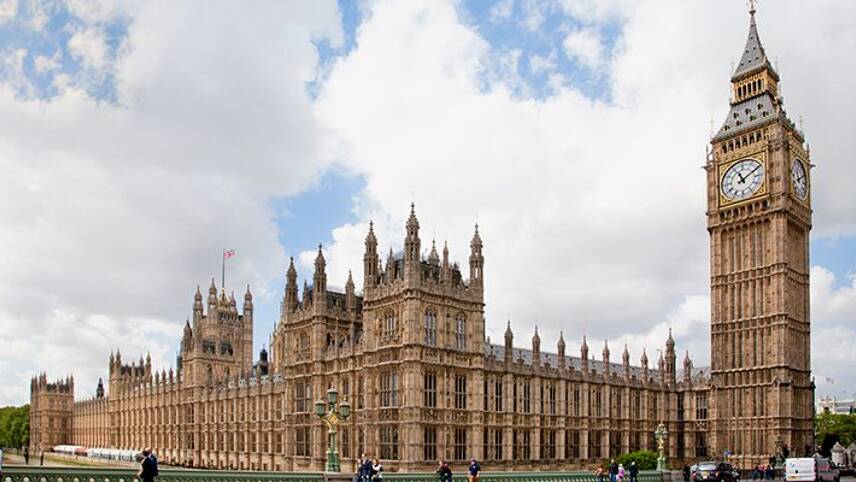Register for free and continue reading
Join our growing army of changemakers and get unlimited access to our premium content

Recent estimates suggest food contributes to about 35% of all global greenhouse gas emissions. Meanwhile, there are broader social inequalities that need to be addressed, with the number of people living with obesity worldwide set to reach one billion by 2030 and disproportionately impacting lower and middle-income countries.
Many food companies, like my company Moorish Ltd, work hard to develop sustainable and tasty products that also encourage a healthy lifestyle.
But that’s not always been the case in the sector and unfortunately, there are still companies that act outside the interests of society due to our current system, where businesses are required to act in the interests of shareholders above all else.
Our industry cannot shy away from its role in building a more sustainable and healthy food system. We are responsible for procurement, production, marketing and many other business processes that influence consumer behaviour. The progress for many organisations, however, is slowed down by the fiduciary duty to shareholders. This is why I believe that a shift in company law is required.
In the UK, a coalition of over 1,000 businesses from local firms to beloved high-street brands are calling for a change to company law that could lead the way in changing the definition of capitalism. The Better Business Act campaign wants to amend Section 172 of the Companies Act so that directors are responsible for considering the interests of people, planet and profit in all decisions.
This is a landmark amendment that would put Britain at the forefront of the global green industrial revolution.
It’s good for business too. We know that more investors are seeking to put their money in more sustainable businesses. If businesses were required to consider the environment and society in all decisions by default, British companies would immediately become more attractive for domestic and global investment. For that reason, this change to the law will help businesses with long-term growth.
This would also have tangible benefits for the food industry. Aligning profit, people and planet will help us move faster towards our net-zero goals, which will protect businesses from the long-term costs of irreversible climate change. Meanwhile, encouraging healthy diets improves the population’s welfare and economic productivity, which will help improve short-term success.
Next week, the Better Business Act campaign is hosting the first mass business lobby of the UK Parliament since Covid restrictions were eased. Delegates from the coalition will be asking the Government to include the Better Business Act in the Queen’s Speech, which sets out the legislative agenda for the next term. This commitment from the business community to the campaign shows that decision-makers want this change now.
With the urgent requirement to fix problems such as climate change and inequality, the Better Business Act would give companies the best framework to be prosperous, sustainable and socially responsible. It would transform the way Britain does business so that every single company takes ownership of its social and environmental impact.
If you would like to attend Better Business Day on 20th April, register here.


